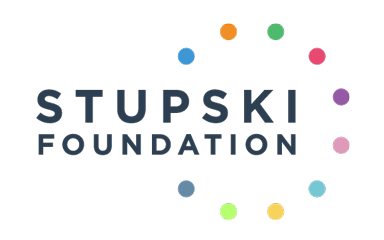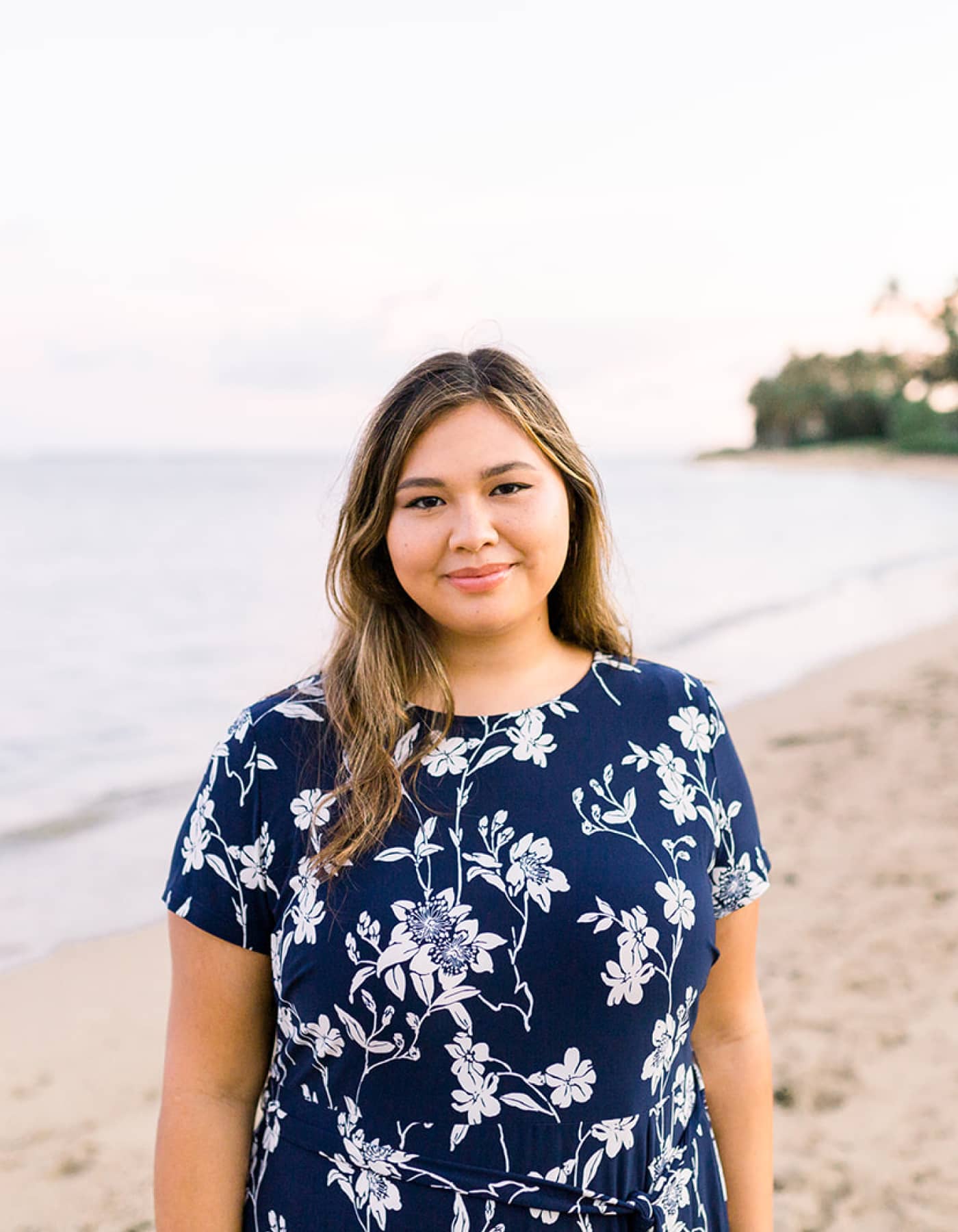
Introduction
Tell Me About Yourself.
Hi, my name is Sabrina. I am from Mānoa, on Oahu. I’m currently a junior studying at Brigham Young University in Utah. I have four sisters. I’m the middle child. My oldest sister is married. My second oldest sister is studying botany at University of Hawaiʻi at Mānoa. And then my younger sister is here at BYU with me and my youngest sister is still in middle school back home. That’s my family. So I’m studying sociology.
“Sociology helps me to understand the complexities of the world we live in.”
There’s a lot of conflict and it’s really overwhelming, especially after I left Hawaiʻi and I was exposed to even more problems that exist in the United States and internationally. It’s kind of hard for me to understand, but taking sociology classes has helped me to understand why certain problems exist, and different solutions for working through them, which I really like.
I really love music and that’s been one of the most important things in my life growing up. I’m a very introverted person so it’s a good outlet for me, I guess, to be able to express myself. That sounds really cliche, but yeah. And I love swimming. I don’t know if that counts as a passion, but I love swimming.
“I love understanding people. I think it’s really cool to hear people’s stories and build connections.”
I’m also doing a minor in Chinese, so I’m trying to kind of combine my two main interests, which is, one, going home to Hawaiʻi and helping, doing research there in sociology, especially for the local communities, trying to improve our wellbeing, make it more fair, make sure it’s very community-centered instead of focused on politics and other stuff that doesn’t help anyone.
And then the other one is I’m interested in going to China or Taiwan and learning more about women’s rights and their ethnic minorities, because they have a lot, but they’re kind of under-researched just because of political agendas and stuff. So those are kind of my main goals for sociology. I’m hoping to pursue a PhD in sociology after I graduate next year, but I hope to use sociology not just to research but to create policies and do things that will create change. So yeah, that’s a little bit about me.
First Year College Experience
How Was Your First Year of College?
So I graduated from high school in 2018 and so I did my first year, 2018-2019, and then I took the next year off to do a church mission. My first year was in 2018, which is kind of a long time ago, but I still remember it so I can tell you about it. So my first year of college was really rough. I’m not sure if you’ve ever been to Utah, but it’s just very different culturally, a lot of culture shock.
“It’s a very white school, which is just really weird coming from a diverse place where culture plays a large part in your day-to-day life.”
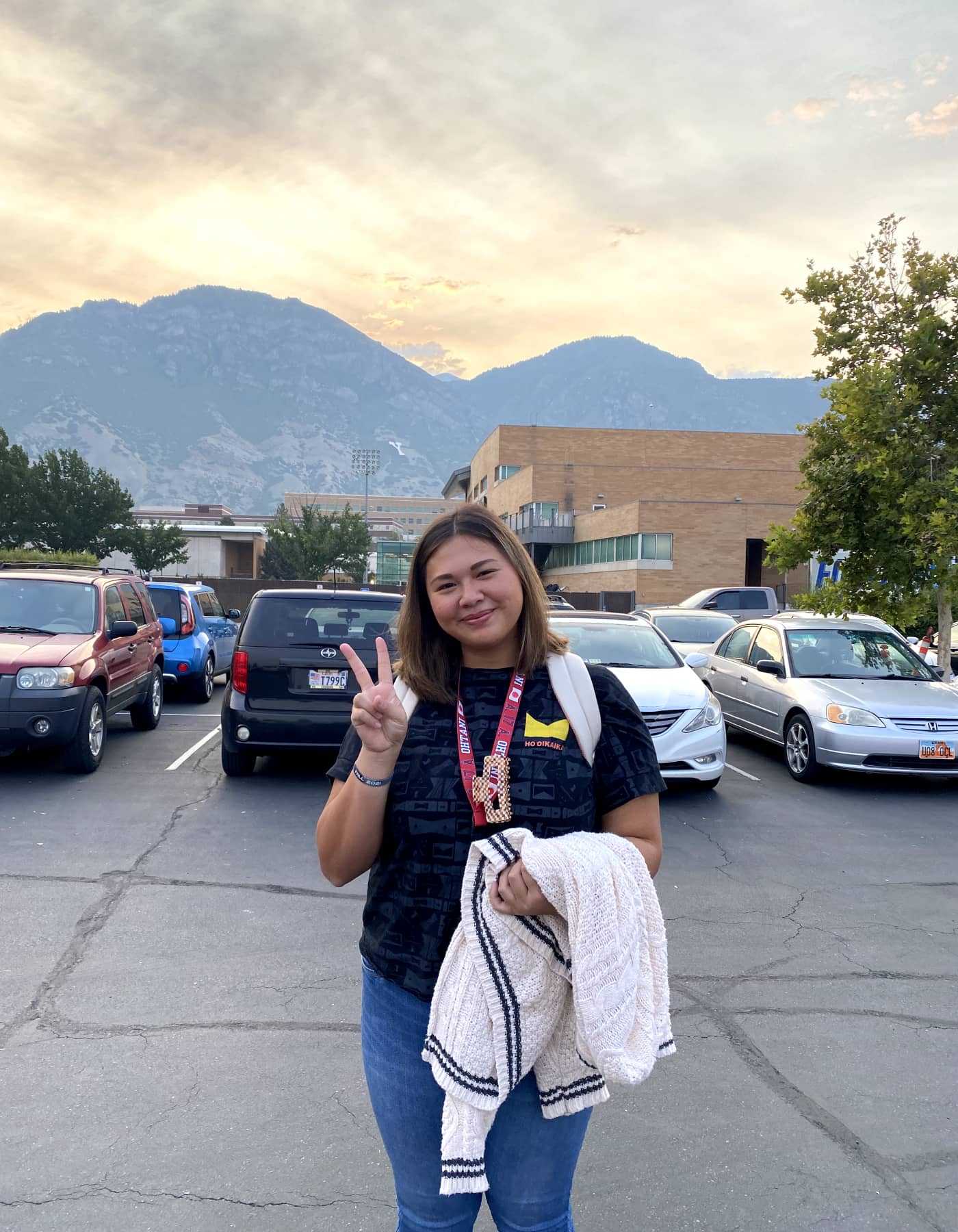
I lived with one of my friends who’s from the Big Island and that was good. We spent a lot of time with other Polynesian people and just tried to find our place, but it was hard. And at that time, so I was a freshman and my oldest sister, she was at school there too, but she was married. It was nice to have family, I think that made it a lot better, but we weren’t super close since we were in very different stages of life. But like academically, I enjoyed my first year. There were a lot of really interesting things I learned and opportunities for classes I could take that I really appreciated. And I did meet some really kind people, which I was grateful for.
At that time, I was trying to get into one of their music programs. I had applied during my senior year of high school and didn’t get in so then I was going to apply again that year. So my first semester I was taking a lot of music classes, but once I was taking them, it didn’t really feel like my scene. It was very different than the music that I liked and the styles that I liked and just, I don’t know, the atmosphere of it was just very foreign to me and I didn’t feel comfortable and I didn’t enjoy any of those classes. So I didn’t even end up applying again because I was like, I don’t think I would enjoy this.
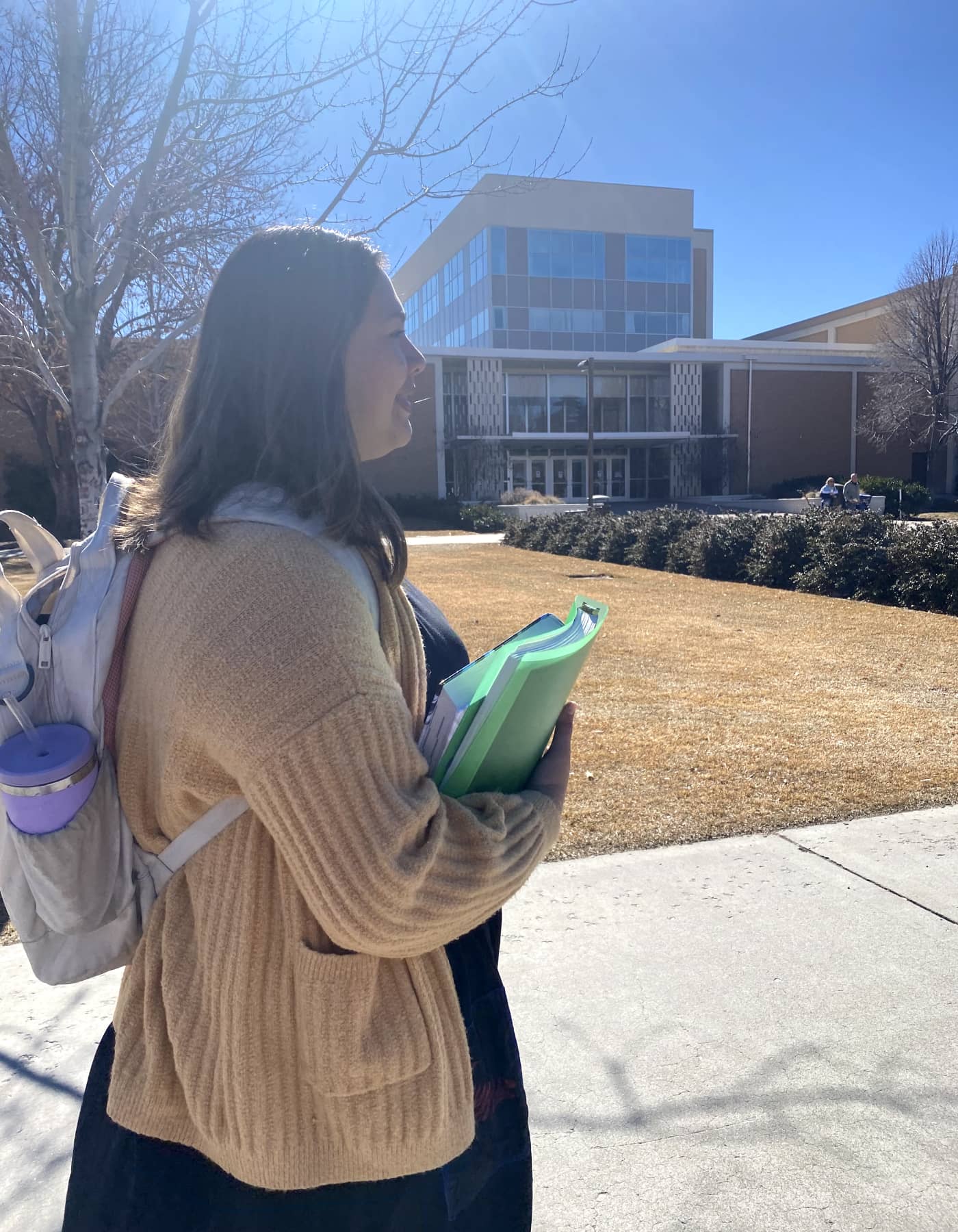
I was really struggling, figuring out what to major in after I decided not to do that. And I started taking different language classes because you need to take four semesters for a GE. And so I took Korean my first semester just for fun and then I started taking Chinese the next semester, and I was like, “Oh, maybe I’ll study Asian Studies or something like that.” But I didn’t really have a reason why. And then I was just like, “I don’t know, it just seems interesting.” And then I was like, “Oh, maybe I’ll do business.” And I took some business classes; definitely not that for me. And then I was like, international relations, but then I was like, “Oh, I don’t like economics so maybe not.” I think I felt like I was wandering aimlessly. And there was a lot of self discovery, I’m sure. I learned things that helped me that I use now, things that I learned. I can’t tell you what they are because I’m not that observant, but I’m sure that they exist. And then, outside of school, I think, my friends joined the Polynesian Club, so I went to that sometimes. And they put on a luau and just had different sections for different nations in the Pacific. They had just dance and song, and so I did that. It was fun, I guess, it was okay. It was just really different because when you do that kind of stuff it kind of feels commercialized instead of being really authentic and sharing culture, if that makes sense. But yeah, I think that was the only club I was in. And I worked on campus. I did custodial, which was I chose that because I didn’t want to interact with people because the people here kind of scared me. So the job was okay. Just the way that people interact racially here is so weird.
“That was never something that really happened to me in Hawaiʻi.”
But then here it’s a big deal, so even if you’re… Like the fact that they have a Polynesian club, and I’m mixed, so I’m part Chinese, part Hawaiian. And I was like, “Oh, am I’m not Poly enough to go to this club?” They look at me and they’re like, “Are you Polynesian?” I’m like, “Well, I guess, but I don’t know.” It’s so weird.
Mental Health Resources
Describe the Climate of Mental Health Resources on Your Campus.
My first semester, I was struggling a lot. I think in high school I had symptoms of depression and anxiety, but it’s kind of like, high school’s rough, just push through it and get to college. And so then I’m at college and I’m like, “Oh, it’ll be fine.” But then being up here, it got worse. I looked into what resources they had at my school, but it seemed kind of hard. I mean, not that hard, but you have to fill out this form and then you have to call them and schedule an appointment and then you get put on a waiting list. And so I was like, “Oh, that looks kind of like too much work,” so I just didn’t really do anything. But then my second semester there was a girl who committed suicide on campus from the top floor of the business building. And I had heard that she was from Hawaiʻi. And so when all this stuff was happening, I was really, really overwhelmed so I decided that I needed to try and get into the mental health office. And so I finally made an appointment.
“After I made an appointment, I still had to wait maybe three or four weeks to get in with someone.”
And then when I finally got there, I went to my appointment and it was this white man who was not that old, I think he was 30 at the most. And I was like, I had a really hard time communicating with him because I think I felt kind of scared of him. Not that he did anything, I was just. I don’t know, it was just weird to try and express your deepest struggles to this random stranger that you have nothing in common with.
And I don’t know, I was kind of explaining how I felt and he would bring it back to like, “Oh, it’s because you’re multiracial,” which maybe it was part of it, but he always brought it back to just my race. And I was like, “No, I think there’s more to it than that.” But like I went maybe three or four times and it was really hard. Every time, I did not want to go, but I was really struggling so I tried to make myself go. And one day I was like, this is not helping. I can’t communicate with this guy. This is so frustrating. And so I just was like, “Hey, I’m not coming anymore.” And he emailed me back and was like, “Oh, okay. If you need to switch, you can try and switch.” But then if I were to switch, I had to wait longer again and the semester was almost over by then, so I didn’t switch.
My freshman year, if I had been able to, I don’t know, find a better therapist or a doctor that could help me with my meds or at least understand where I was coming from, I think things would’ve turned out a lot differently the following year, because that just led to another terrible experience. So they have this office called Counseling and Psychological Services and it’s in the basement of our student center, our student activities building.
“It has these big double doors. The windows are covered so you can’t see who’s inside because it’s supposed to be confidential. But when I went in there, I was really scared, it seemed so creepy.”
And then you stand behind and then you wait for them to call you up and then you give them your ID, and they’re really quiet about it. It seems like you’re doing something illegal, even though obviously you’re not. It’s just kind of sketchy.
“It just felt very unwelcoming. The people were nice, they weren’t mean. It was just a weird atmosphere.”
So that’s the main thing they offer and then they also offer these. They have free subscription for Sanvello, which is like a meditation, journaling, mental health app thing. And then they also have this other thing called SilverCloud, which is like, you have modules, it’s kind of like taking an online class, but for working on your mental health. But I’ve tried to start it a couple times, but it’s just too much work, because I’m like, I have enough homework, I’m not going to go watch these videos. And I think you’re limited to six times a semester to meet with a counselor.
This year I tried to go back, even though I had a terrible experience my first year. I was like, I need it, because up here a lot of the doctors don’t take my insurance, so I had to go on campus. But I tried to register at the beginning of last semester and I just got in.I feel like if I had good resources back then I could have had better coping mechanisms for coming up here and maybe wouldn’t have been so bad.
“Another thing that would be really cool is if they had some kind of program that helps you prepare to leave Hawaiʻi and go, especially if you’re going to a very white place.”
Because I know if you go to LA or something, it’s pretty diverse. It’s still a super different culture, but it’s not like you’re the only brown person in the room. And they don’t teach you in school, in high school, how to prepare for that.
“They teach you how to apply for college and how to succeed in your classes but they don’t teach you how to really adjust and how to deal with racism or just microaggressions and it’s really hard.”
I don’t know what they could do, but I don’t know, like a crash course on how to adjust to a white culture. I don’t know. Just something to prepare people, because I was not prepared. But practices that can help you stay grounded too, just being far away, you kind of are like question your identity. I know who I am, but now I’m like, “Oh, is that really who I am? How do these people see me? Is this normal?” Just ways for you to process that on your own first before you’re under the scrutiny of all these people around you.
How Do You Deal With Homesickness?
I think my first year I kind of just tried to ignore it and do other stuff to distract me, but it didn’t really work. And my roommate, we were both really homesick. And I don’t know, I feel like she was even more homesick than me because she’s from the Big Island and I’m from Honolulu, so I don’t know, I’m kind of more used to this suburb feel, I guess. But she’s from Hilo and so she’s just like, “Why are there people everywhere and why are the roads crowded and why is everything like this?”
And so we were both just kind of homesick and we would always talk about transferring; transferring back to Hawaiʻi. But this year, I feel a little more mature and I kind of know what to expect so I can prepare myself better. And so I spend a lot of time, I call my family a lot, at least once a week and just chat, whatever, like whatever’s going on. And I also like to cook a lot of good food because then you can forget where you are. Forget I’m in Utah if I make good food. So there’s an Asian market, which is really good because it has… It’s called the Asian Market, but it’s Polynesian food and then like ethnic food. I don’t know, it has this really weird sign on it, but it has everything you could need, I guess. I always go there and shop and then I come home. And I also, right now I’m living with three other girls from Hawaiʻi, which has been a lifesaver. It’s just us in this apartment so it’s so good because even though we’re not at home, we understand and we can create this environment for each other where we know we’re welcomed and loved.
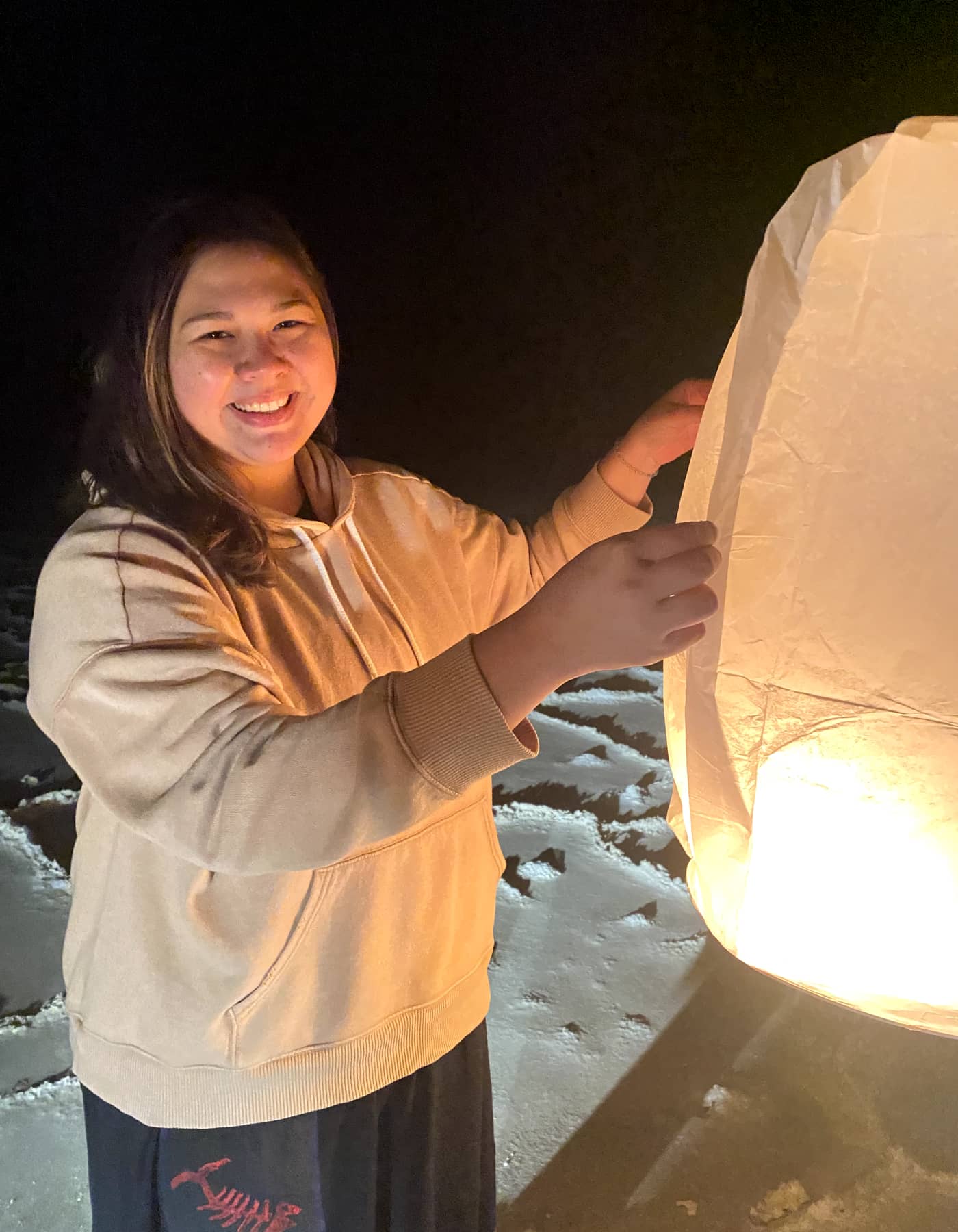
Message to Funders
I guess something that just comes up, because I’m studying sociology, and power dynamics and inequalities. And something that I always come back to thinking about home is just how it seems that so many of the things that are being done, whether it’s politically or just policy in the communities, are just not focused on the people that live there, whether it’s native Hawaiians or just local people that have lived there all their lives. It’s like, let’s raise housing prices so that because this person wants to come have a vacation home here or because they want to start this new fancy mall or whatever, so many things are done and not only are they not taking into account the local people, the Hawaiian community, it’s detrimental to them.
So they’re not just ignoring it, it’s having a negative impact. But at the same time, there are a lot of really good organizations doing good work. So I feel like for these funders and people, something that I would really want them to do is to look at the grassroots organizations. A lot of them don’t have tons of funding because money’s tight. I’m currently interning at a small communications business that just started, and she’s like, “My goal is to be financially stable enough that I can do the really important things for free.”
“There are so many organizations and people back home with really big hearts. And so just finding the ones, not only the ones that are the most successful right now, but the ones that have a lot of potential to be successful in whatever realms.”
I particularly really care about sustainability because I think that in order for Hawaiʻi to stop being so exploited, we need to be able to have our own sustainability. We need to be able to provide for ourselves and not rely so heavily on imports and exports, which is by no means the community’s fault; we were pushed into that, it’s not our choice. But I think we’re at a point where we can recognize it and we can be strategic enough to do that so we can protect our people, we can protect our home.
And really, we need to take care of ourselves first. I don’t know, business and financial stuff is really complicated. So tourism and stuff, but sustainable tourism, that would be great. Just ways for people, if they want to come, to give back, or making it not so easy just to come here and not care about the people that live here, really see this is where you’re coming and this is the impact you’re having by being here. So that would be really important. And also education and health. I think those go together really strongly.
And it’s hard because it’s kind of like we are this unique place, but we still have this white curriculum that we have to teach in schools and it’s so disconnected from that. Learning US history in high school, I couldn’t care less. Why are we focusing on learning about these people so far away that didn’t necessarily help us at all, that actually hurt us? And why don’t we focus on looking at the good within our communities and learning about the history of the different peoples that are here? If we learned about different histories from Asia, because there’s a lot of Asian mixed people, I feel like that would give you a good sense of identity, especially when you come up to somewhere else, you kind of understand more of your heritage too.
“Things that can help students find their worth and value through education are really useful and valuable.”
There are organizations that do that. I don’t know how they would do that, like different curriculums or just different focuses in their curriculum; I know there are still state mandates. Or anything that really helps students realize their potential and their worth. I feel like that’s really crucial too. That’s not really specific, but those are kind of the realms that I think would be really beneficial to look at. And grassroots community-led, led by community members that understand the people and that they have good connections, they know what they need and they can talk to the people that also know what they need.
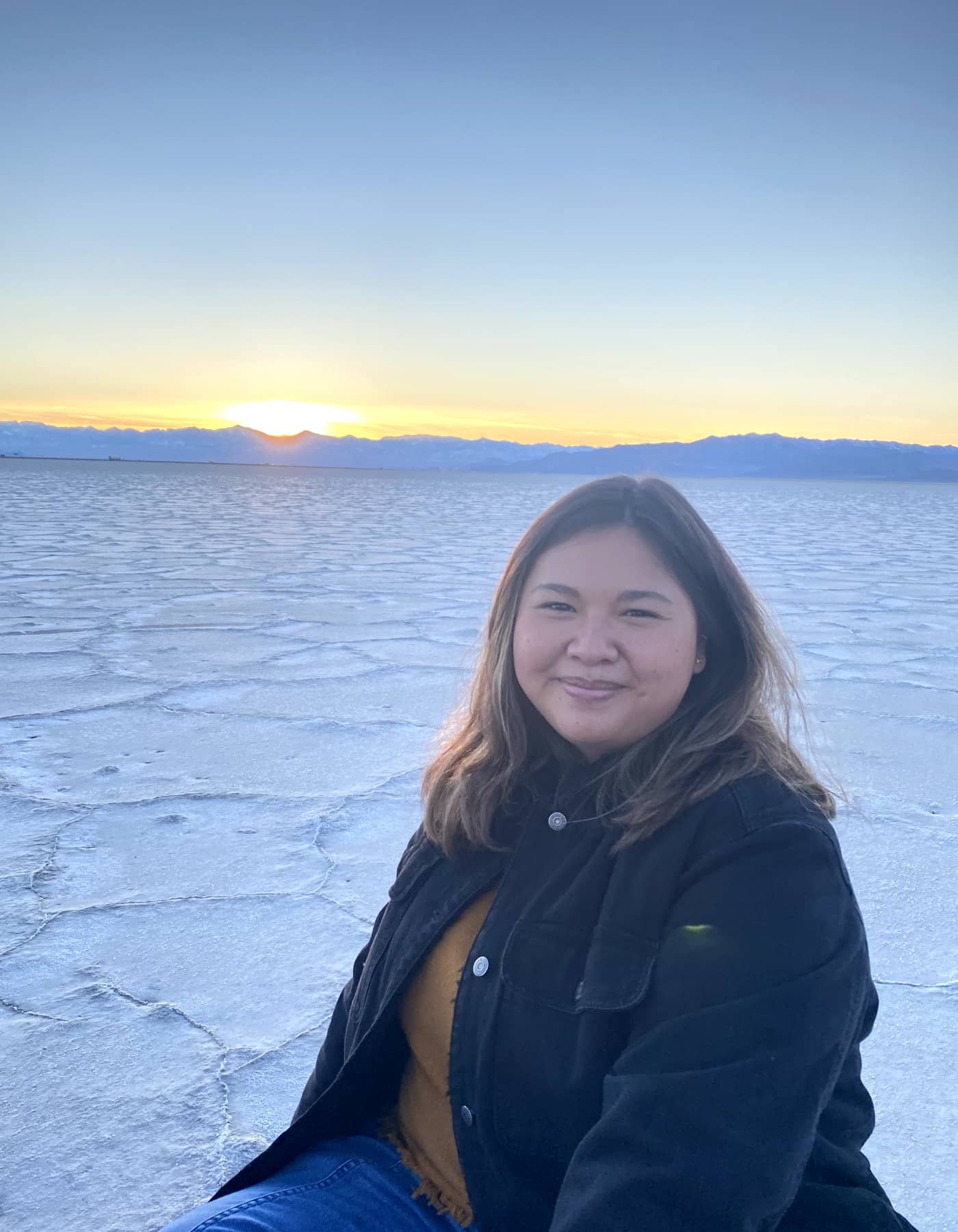
Some quotes have been edited for clarity with the speaker’s permission.
